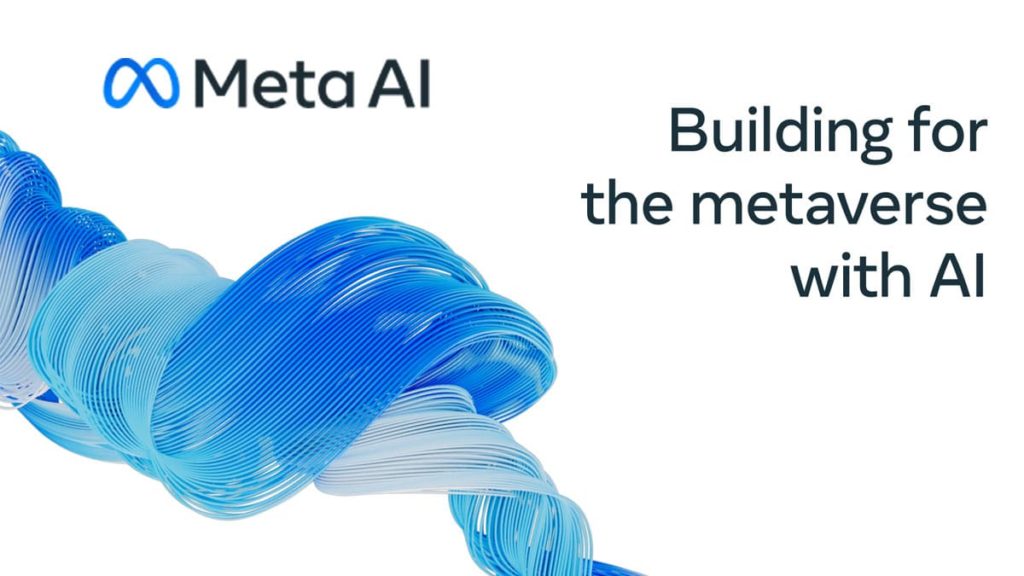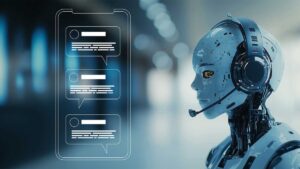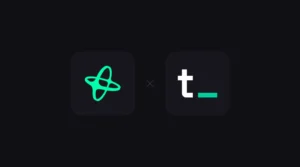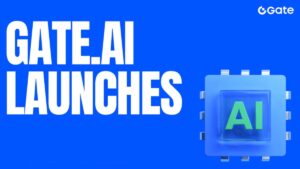Meta has a lot of ideas for how to improve the Metaverse project. The most recent AI program is entirely focused on achieving lofty objectives.
Long-Term Project with the Most Ambition
Building for the metaverse is the most ambitious long-term project Meta has ever tried, according to the most recent statement on the AI project, and the experiences they’re picturing are difficult to execute with the software and hardware that exists now. Getting there will necessitate significant advancements in practically every technology Meta uses.
Many of these advancements, from ultra-realistic immersive visuals to tiny devices capable of high-performance computation, will be made possible by artificial intelligence discoveries (AI). These advances are already being made in Meta’s AI labs as part of a long-term effort to develop foundational technologies that will enable the next era of computing.
Meta will need AI to undertake a lot of the hard lifting that makes next-generation computing experiences possible as the corporation builds towards the metaverse. This means continuing to break new ground in areas like self-supervised learning, which eliminates the need for limited labeled data sets, and truly multimodal AI, which allows the company to accurately interpret and predict the types of interactions that will occur in persistent, virtual 3D spaces with a large number of participants.
It also involves efforts to develop the world’s most powerful AI supercomputer, ensuring that Meta has the compute resources required to fuel future AI discoveries. Meta, like many other digital businesses, is only getting started, and these advancements will show what’s possible when AI and open science are combined.
The Artificial Intelligence Learning Alliance
The Artificial Intelligence Learning Alliance (AILA) was also announced by Meta, which aims to improve diversity and equity in the field of artificial intelligence.
Since its beginning in the Fall of 2020, Meta has collaborated with Georgia Tech to develop a deep learning course curriculum that has been taken online by 2,400 students.
They’re now making the course content freely available to everyone, and they’re working with professors from HBCUs, Hispanic-serving institutions (HSIs), and Asian American and Native American Pacific Islander–serving institutions (AANAPISIs) in the newly formed consortium to further develop and teach the curriculum.
These colleges will also collaborate to provide extra cutting-edge AI education courses and resources for everyone to benefit from.
The current curriculum was developed in collaboration with qualified educators and is intended to be used in conjunction with enrolment in formal degree programs.
The designers of AILA have a common goal: to teach more people from underrepresented groups in artificial intelligence technologies. That’s why the course is now open to everyone through the AILA Education Hub, which allows students to access AI course content, educators to collaborate and receive curriculum training, and employers to link students with career prospects.











